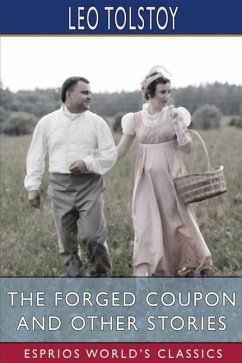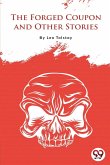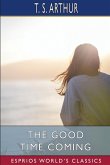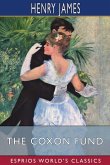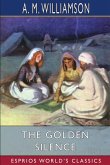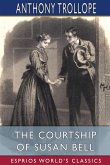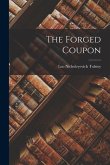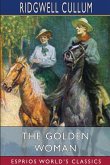Count Lev Nikolayevich Tolstoy (1828-1910) commonly referred to in English as Leo Tolstoy, was a Russian writer - novelist, essayist, dramatist and philosopher - as well as pacifist Christian anarchist and educational reformer. He was the most influential member of the aristocratic Tolstoy family. His first publications were three autobiographical novels, Childhood, Boyhood, and Youth (1852-1856). They tell of a rich landowner's son and his slow realization of the differences between him and his peasants. As a fiction writer Tolstoy is widely regarded as one of the greatest of all novelists, particularly noted for his masterpieces War and Peace (1869) and Anna Karenina (1877). In their scope, breadth and realistic depiction of 19th-century Russian life, the two books stand at the peak of realist fiction.

